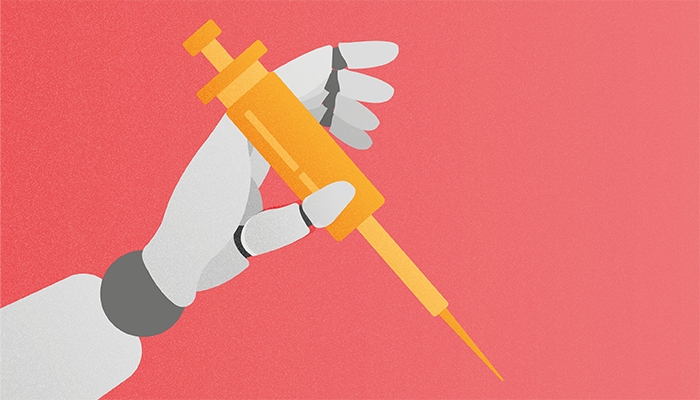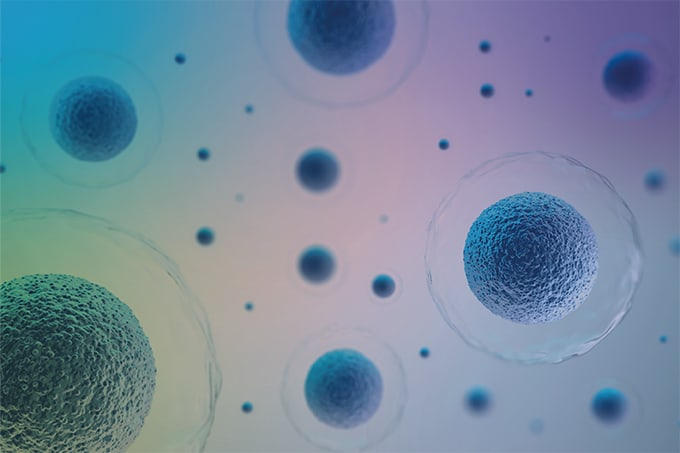
A team of researchers have developed a machine-learning-driven PCR thermocycler that monitors the DNA amplification process and adjusts cycle parameters on the fly.
The new approach could lead to quicker, more efficient DNA profiling.
Conventional PCR – which has changed little since its development in the 1980s – operates with fixed temperatures and cycle times, which may not always yield optimal results, especially when dealing with degraded or low-quantity DNA samples. The new "smart" PCR system, outlined in a two-part study (part one; part two), aims to overcome this limitation by using a machine learning algorithm to analyze fluorescence signals during the amplification process; by evaluating amplification efficiency, the algorithm can dynamically tailor PCR conditions.
“Even a small improvement in PCR performance could have a huge impact on the hundreds of thousands of forensic and intelligence DNA samples amplified every year – notably when samples are degraded,” said study co-author Duncan Taylor, Principal Scientist for Forensic Statistics at Flinders University, Australia, in a press release.
Lead author and PhD candidate Caitlin McDonald, who recently presented the findings at the International Society of Forensic Genetics conference, added, “By intelligently optimizing PCR for a wide variety of sample types, it can dramatically enhance amplification success, delivering more reliable results in even the most complex cases.”
The study demonstrated the effectiveness of the smart PCR system through large-scale tests, showing that the AI-driven process could significantly cut the runtime of PCR programs by as much as 30 minutes without compromising the quality of the DNA profiles produced.
“Traditionally DNA amplification required all settings to be in place before the process commenced. This did not take into account the many possible differences between samples and conditions,” explained Russell Brinkworth, another co-author of the study. “By utilizing advances in machine learning and sensors, we have changed the process of PCR from a one-size-fits-all to a customized and optimized individual experience.”
Beyond its forensic applications, the researchers believe their AI-enhanced PCR system could be applied in a wide range of fields, from medical diagnostics to environmental monitoring. “This system has the capacity to revolutionize other fields that depend on PCR, by boosting efficiency, reducing errors, and enabling high-throughput analysis across diverse applications,” McDonald said.
The researchers are now looking to refine the system further, while expanding its capabilities to handle more complex samples and conditions.




